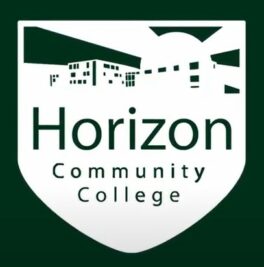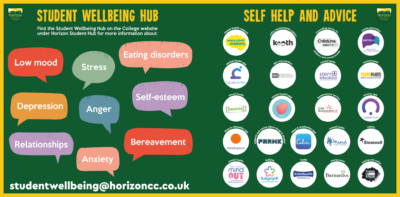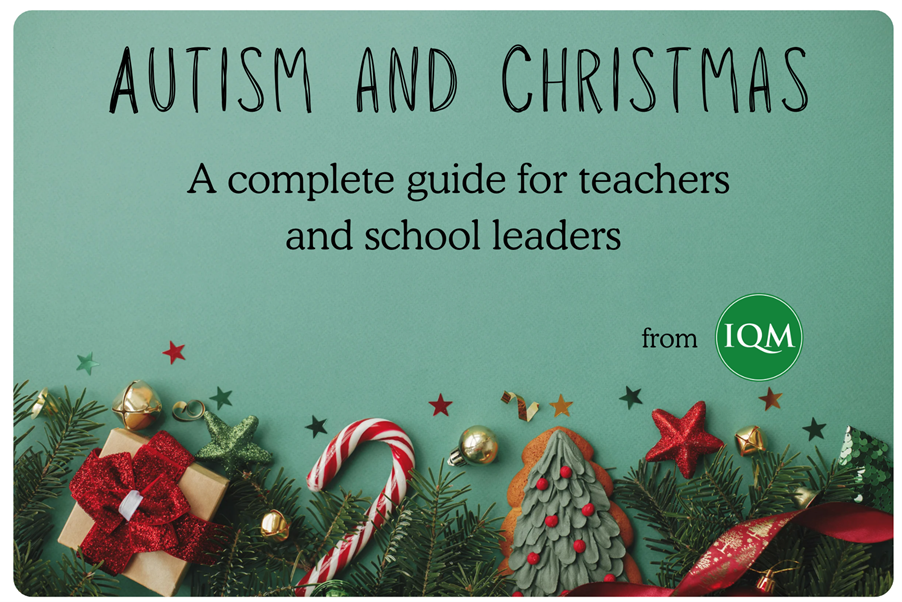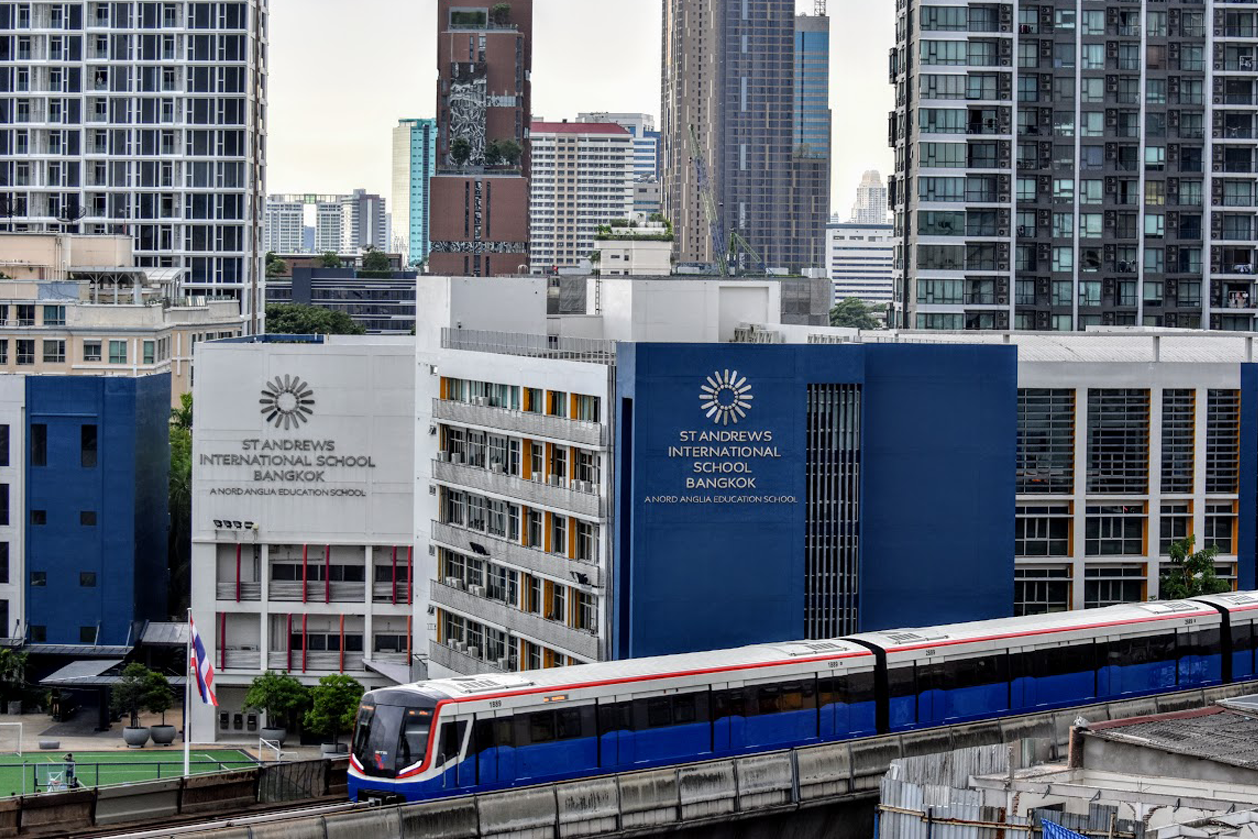Who is IQM?
IQM is the only national inclusion award in the UK. For over 20 years and in over 20 countries, schools, MATs and Local Authorities use the Inclusion Quality Mark to recognise exemplary inclusive practice.
Get in touch for your FREE school information pack today.
Horizon Community College, Barnsley, earns IQM Flagship School status
July 4, 2024
Horizon Community College is a larger than average mainstream 11-16 secondary school and is part of the Hoyland Common Academy Trust (HCAT) and the Principal describes it as being ‘fully comprehensive’ in its intake.
The college opened in 2019 as part of the academy conversion. The college has 2004 students on roll; 30% of students are eligible for the Pupil Premium, 8 students are eligible for the Service premium and 25% of students are currently eligible for Free School Meals (FSM).
The school has approximately 8% of students on the SEND register, which is lower than the national average, however, this is due to the outstanding teaching and learning that takes place which means that most student needs are catered for through high-quality teaching. The college is a Champion School for EAL and there is a dedicated team of EAL staff linked to MFL. EAL students speak over 45 different languages and there has recently been a 10% rise in new arrivals.

The school recently had a Section 8 Ofsted inspection with the following outcome: ‘There has been no change to this school’s overall judgement of good …However, the evidence gathered suggests that the inspection grade might be outstanding if a graded (section 5) inspection were carried out now.’ This is a testament to the fantastic, resolute staff team who work diligently to provide exceptional experiences for all their students daily.
The college vision is ‘School Ready; Work Ready; Life Ready’ and this permeated through every aspect of my experiences during the visit and the strong inclusive ethos is similarly evident through their excellent website and social media. On arrival at the school, I immediately felt welcomed as I received my own personal car parking guide!
I had the opportunity to meet with a variety of stakeholders throughout the day as well as take a tour around the school. It was evident throughout my interactions with leaders that there is a powerful sense of pride in being part of HCC. The commitment to reflect and self-evaluate underpins everything they do. The passion for inclusion percolates through all areas of the school and from every member of the team.
The Principal talked about college staff with pride; many of her team have been ‘built from the bottom up’ and promoted to key positions. There is a low staff turnover and there are staff who have left but then returned to the college. All staff are listened to and complete regular surveys and these are analysed by the leadership team.
There is a dedicated ‘staff wellbeing’ area on the college website which provides information and guidance on workload and wellbeing. She emphasised how leaders look at the ‘whole staff’ and do not distinguish between teachers and support staff. This highlights that not only do leaders acknowledge and appreciate their staff but that they care and as accurately described by the Associate Principal, ‘wellbeing is embedded.’
Due to the number of students on roll, the college has a staggered start and finish with two different start and finish times. In the summer term staff are asked which year group they would like to be attached to. This means that staff who have children have time at the start or the end of the day to be able to drop off or pick up their own children. They are also consulted in advance on the school calendar and have time to feedback their views. Training Tuesday is when CPD currently takes place and it is also when parents’ evenings are scheduled.
The college runs a model of overstaffing especially in core subjects as well as in Humanities and MFL. They also have a team of cover supervisors who are attached to curriculum areas. The college do not use supply agencies and this means that the Quality of Education is protected and students continue to receive quality first teaching from staff who know them, even when there is unavoidable staff absence.
The Quality of Education is reviewed regularly and this academic year has seen the introduction of what was described to me as ‘classrooms of the future’ boards in many rooms with the rest of college following suit this summer. This involves two interactive whiteboards at the front of each room with the whole of the wall painted black to minimise distraction.
On seeing this in practice it has massive impact in ensuring focus is on the boards. The students like it, stating it also supports the flow of the lesson as students have capacity to finish tasks whilst others can move on. Students also talked about how teachers are approachable and they can communicate with staff if they need help in lessons and they showed me the RAG traffic lights in planners which can be used for those who aren’t able to articulate verbally the need for help.
The college prioritises student health and wellbeing and the Principal has been interviewed for BBC Breakfast talking about mental health. There are clear systems in place to address bullying and there is a QR code in the planner that students can use to alert staff of any issues. The students spoke about this and said it was better for them because they could access staff without fear of being overheard or seen by other students. They also talked about the Wellbeing Centre which offers support for students including counselling, as well as offering a ‘safe space’ at lunchtime.
Rewards are very firmly embedded in college processes. Students are consistently rewarded through achievement points and these accumulate to provide an excellent variety of rewards from postcards home to afternoon tea with the Principal.
Celebrations of student work take place as part of Proud Thursday in which students are rewarded by teachers and showcase their work in a central space that is decorated by balloons; students receive a certificate and a message is sent home. Students are awarded gold pin badges for effort. Staff who do duties have yellow dot badges and when they spot a student doing something that is linked to the core values, they are given a badge and five achievement points.
Other rewards include star cards, Praise Friday, the Principal’s Award and the formal red-carpet event, the Celebration of Achievement. Student voice demonstrated how much they value the rewards’ systems and were able to articulate how well they are rewarded. Students across both key stages value Proud Thursday and older students like the fact they are able to email their work if they prefer rather than attending in person.
Bells have recently been introduced to support movement around the building. Staff are highly visible at lesson changeover and during break and lunch to ensure students feel safe and are moving through the building with purpose. Whilst behaviour was good before, this has improved things even more, with the Principal explaining that behaviour in lessons is ‘very calm and settled’ and this was evident as I visited classrooms. This was reinforced by student voice with a Year 7 student using the words ‘I feel safe’. The students also talked about how the bell means that things ‘flow’ better and they like the fact that there are more staff on stairwells because this means there is no pushing.
The students spoke about the ambassador programme and this is clearly valued by them and provides a variety of leadership opportunities such as ‘attendance ambassadors’ as well as students helping at events such as school performances and supporting in local primary schools.
The college has excellent support for SEND pupils and this was recognised by Ofsted. ‘Leaders give teachers clear guidance on how to best support pupils with (SEND).’ The Special Educational Needs Co-ordinator (SENCo) is fairly new to post and works tirelessly to ensure students receive the support they need. Her background is in teaching and learning and this is reflected in the support offered to students, both in and out of classrooms. Those students who require more bespoke support, some of whom are at risk of permanent exclusion, access a two-tier system of help through the Base and Hub.
Both areas are led and managed by experienced teachers and students access the full curriculum through high quality teaching and a qualified SENCo is also attached to the area. In addition, they also access a range of interventions and there is an opportunity to engage in activities to develop life skills. Leaders talked about the retired teacher who comes in to cook with the students on a 1-1 basis and how, for some families, the end product is their weekly treat.
When I visited the Base and Hub I was impressed with the calm, purposeful atmosphere and all students were fully engaged in learning. The Principal describes the relationships as ‘strong’ and this was evident as soon as I walked into the areas.
One student was eager to talk to me and he told me ‘I wouldn’t be here if it wasn’t for him’, gesturing to the teacher, then quantifying that to talk about how close he had been to being permanently excluded.
The governors that I met with were very keen to emphasise the pride they have in being part of the college Governing Body. They described it as being ‘a big school where there is individual acknowledgment of each student.’ They spoke highly of the Principal stating how she ‘looks to the future’ when planning and how much she cares about her staff, discussing the open-door policy and how staff feel they can talk to her if they have a problem.
They talked about how leadership at all levels has a moral purpose and despite the ongoing successes of the college, there is no complacency or resting on laurels.
It was a real privilege and a pleasure to visit Horizon Community College (HCC) and witness the outstanding practice. Inclusion occurs naturally and is rooted firmly in every aspect of the college due entirely to the efforts of the staff, led by the inspirational and aspirational Principal and her extremely effective leadership team and staff.

Other Posts

About IQM
The only national award for inclusion in the UK, IQM has been committed to recognising exemplary inclusive schools for over 20 years and in over 20 countries around the world. The three awards allow schools and organisations to celebrate their inclusive practice against nationally recognised framework.
Site Links
© 2026 Inclusion Quality Mark | website developed & cared for by digidoda


